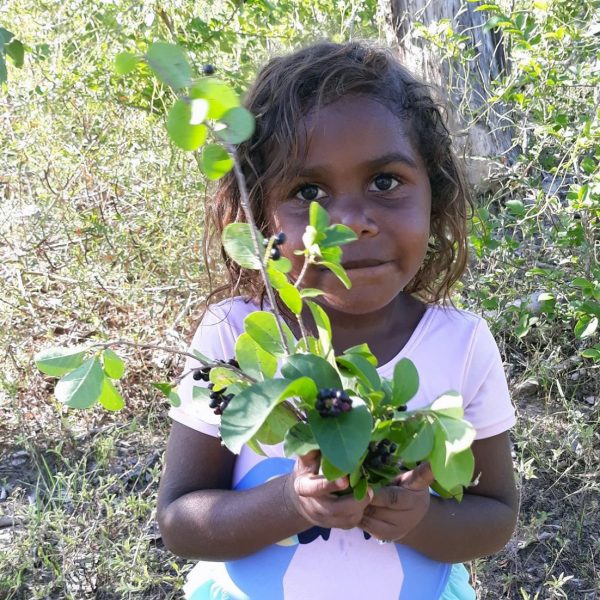Closing the Gap Council gives in-principle agreement to Sector Strengthening Plans

The Joint Council on Closing the Gap has given its agreement in principle to the first two Sector Strengthening Plans, to improve the early childhood care and development sector and the health sector as part of the National Agreement on Closing the Gap.
The Early Childhood Care and Development and Health Sector Strengthening Plans are a key enabler of Priority Reform 2 of the National Agreement. They were developed by dedicated working groups, co-chaired by the Department of Education, Skills and Employment and SNAICC, and the Department of Health and NACCHO, respectively.
High-level priorities are outlined in the plans which are designed to guide joint national effort and targeted jurisdictional actions to build a strong and sustainable Aboriginal and Torres Strait Islander community-controlled sector.
Early years plan will guide all levels of Government – Robert
Acting Minister for Education and Youth, Stuart Robert MP, said the early childhood care and development plan will guide all levels of government, peaks and the community-controlled sector to support the education, safety, wellbeing, health and development of children in their early years.
“The plan sets out 36 key areas of action to guide collaboration between the community-controlled sector and governments to improve service quality, develop the Aboriginal and Torres Strait Islander workforce and expand Indigenous-led service delivery,” he explained.
More cohesive approach – Wyatt
Minister for Indigenous Australians Ken Wyatt said the plans demonstrate “a more joined-up approach” for how all Australian Governments are working with Aboriginal and Torres Strait Islander peoples.
“Aboriginal and Torres Strait Islander community-controlled organisations play critical leadership and service delivery roles across the country,” the Minister added.
“Jurisdictions will use the plans to develop specific actions to address issues relevant to their context and will report on these, including funding commitments, in their annual updates to their Closing the Gap Implementation Plans.”
Manifestation of the new way of working – Turner
Pat Turner, Lead Convenor of the Coalition of Peaks, said the development of the plans is a manifestation of the new way of working.
“The plans provide a way forward for governments to work in genuine partnership with Aboriginal and Torres Strait Islander community-controlled organisations,” Ms Turner said.
“The process for developing the sector strengthening plans has ensured that the voices of community-controlled organisations have been heard and the needs of the sectors are addressed.”
Catherine Liddle, CEO of SNAICC and co-chair of the early childhood working group, noted that the plans are not meant to be read in isolation, pointing to the “intersection of these services with other priority sectors for strengthening to be addressed in other plans, including health, housing and disability.”
These are the first Sector Strengthening Plans agreed in-principle by the Joint Council. Disability and housing plans will be considered at the Council’s next meeting in April 2022.
The Plans will be published on the Closing the Gap website.
Popular

Policy
Economics
Jobs News
Provider
Workforce
Children’s Services Award changes finalised to address gender-based undervaluation
2025-12-12 06:58:10
by Fiona Alston

Provider
Workforce
Quality
Fair Work Commission confirms forced resignation grounds in case involving early learning provider
2025-12-08 07:30:23
by Fiona Alston

Workforce
Quality
Practice
Provider
Research
How one teacher is using Little J & Big Cuz to build empathy, understanding and confidence in First Nations learning
2025-12-08 07:15:19
by Fiona Alston















